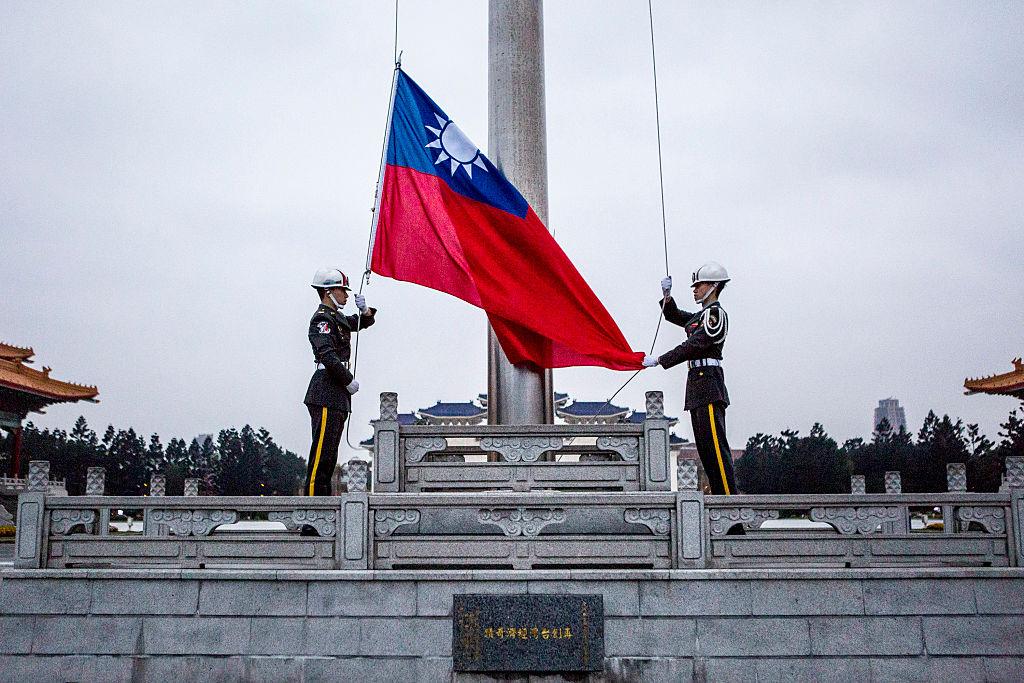In Taiwan, another businessman has been placed under investigation for conducting espionage for China—the second incident in a little over a month.
Lin Wei-lin, 39, a Taiwanese businessman who, after retiring from serving in Taiwan’s Marine Corps, started a mechatronics business in 2000 in Suzhou City, located in Jiangsu Province on the eastern coast of China. After years of working and living in China, Lin began to hold multiple positions in China’s state-controlled organizations, including president of a Taiwanese Youth Businessmen Association in Wujiang District, Suzhou; and deputy director of a local Taiwan Compatriot Investment Enterprises Association.





